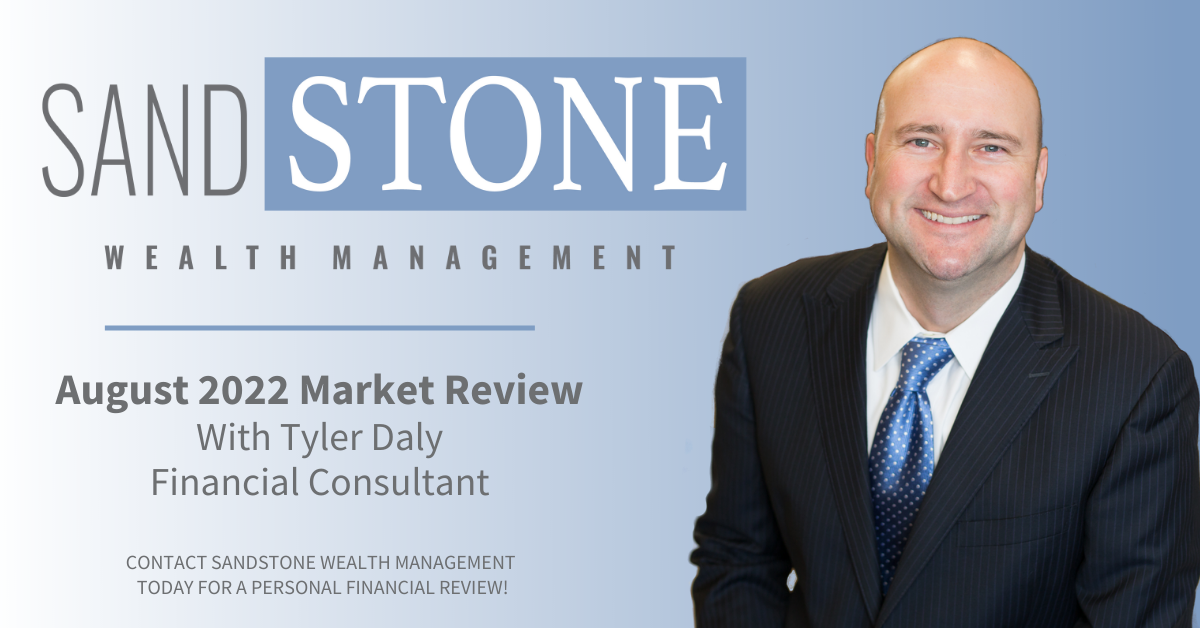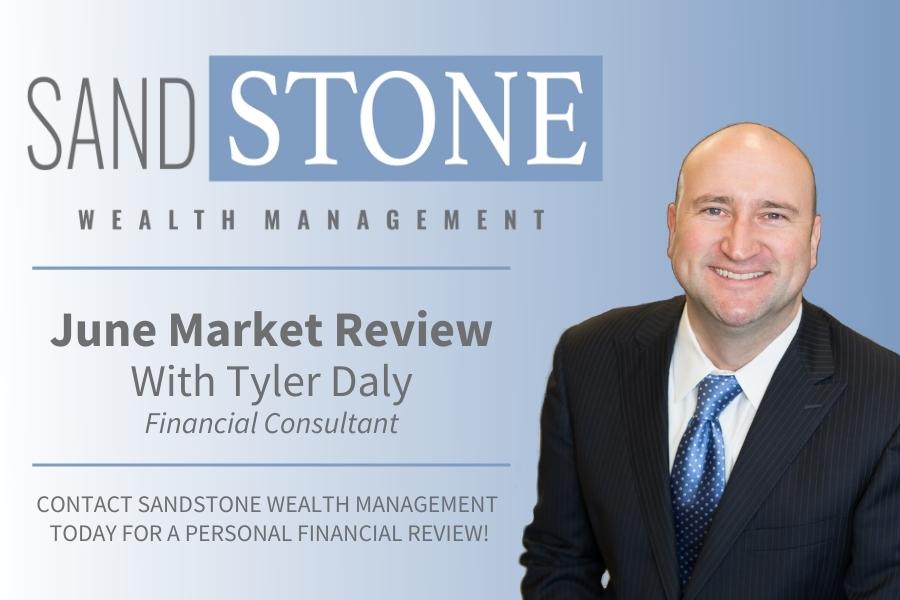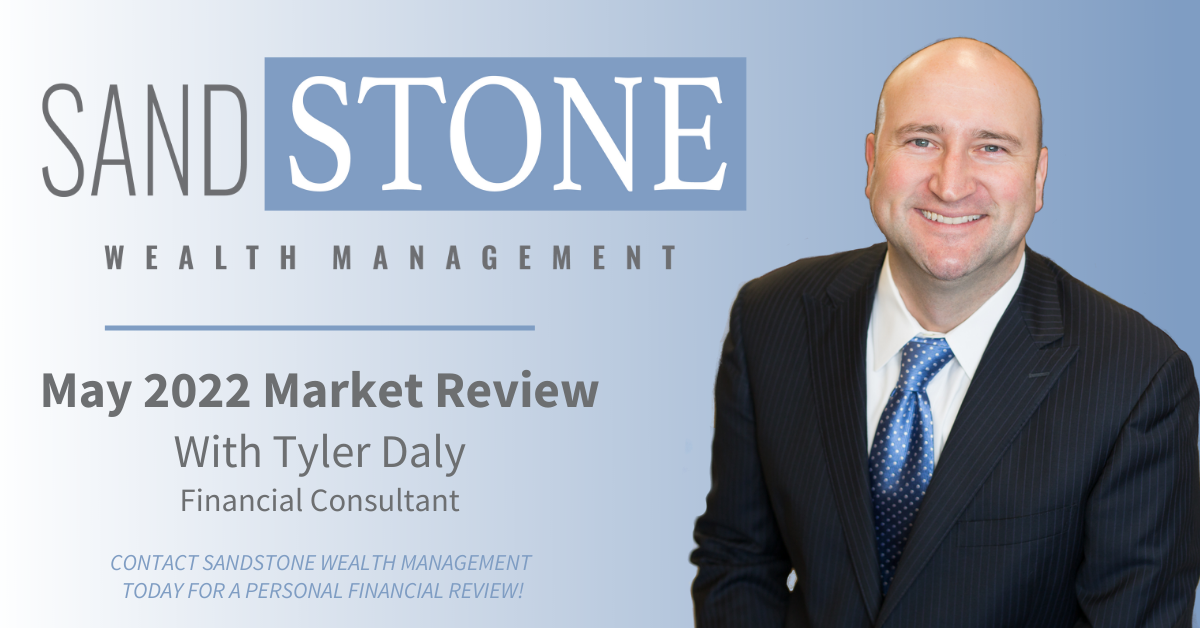
One year after the U.S. presidential election, we’ve seen record market highs among domestic equities, low unemployment and strengthening consumer confidence. The S&P 500 is up 20% year over year.
In addition, all three major domestic stock indices gained ground in November, although tech stocks showed some late-month weakness. The Dow climbed 3.8%; the NASDAQ gained 2.2%; the Russell 2000 was up almost 2.8%; and the S&P 500 gained 2.8%. The international EAFE was positive, but basically flat for the month.
Federal Reserve Chair Janet Yellen stated before the congressional Joint Economic Committee that she anticipates the Federal Open Market Committee will gradually raise interest rates and trim its balance sheet as the economy continues to expand and the job market continues to improve. Economic growth was revised higher for the third quarter to 3.3%, the fastest rate in three years, and it seems likely that the Fed will raise its benchmark rate again in December. Yellen plans to step down when her term ends in early February. The president’s nominee to replace her, Jerome “Jay” Powell, is likely to be confirmed by the Senate. After President Trump’s recent nomination of Marvin Goodfriend, there will be three open positions on the seven-member board to be appointed by the Trump administration. The composition will be very different and will be a great influence on policy going forward, explains Senior Fixed Income Strategist Doug Drabik.
In other news, pending sales of existing homes rose in October and conditions for homeownership – including low borrowing rates, credit availability and a stronger labor market – are encouraging. And wage growth is strengthening for middle- and working-class Americans, according to data from the Federal Reserve Bank of St. Louis and Bloomberg.
| 12/30/16 Close | 10/31/17 Close | Change | Gain/Loss | |
|---|---|---|---|---|
| DJIA | 19,762.60 | 24,272.35 | +4,509.75 | +22.82% |
| NADSAQ | 5,383.13 | 6,873.97 | +1,490.84 | +27.69% |
| S&P 500 | 2,238.83 | 2,647.57 | +408.74 | +18.26% |
| MSCI EAFE | 1,684.00 | 2,016.84 | +332.84 | +19.76% |
| Russell 2000 | 1,357.13 | 1,544.14 | +187.01 | +13.78% |
| Bloomberg Barclays Aggregate Bond |
1,976.37 | 2,040.31 | +63.94 | +3.24% |
Performance reflects price returns as of 4:30 EDT on November 30, 2017.
Here’s a look at what else is happening in the economy and capital markets, as well as key factors we are watching:
Economy
- Monthly economic figures have been distorted in recent months due to the hurricanes, but the underlying trends remain consistent with a moderately strong pace of growth in the near term, according to Raymond James Chief Economist Scott Brown.
- If current Fed Governor Powell becomes Fed chair, the monetary policy outlook isn’t expected to change much (still a gradual normalization), but bank regulation is expected to soften.
- Brexit will be messy and Chinese debt levels bear watching, but the global economic outlook continues to improve, helping the U.S. economy.
- Lawmakers are working hard to complete a tax cut bill. Negotiations will be difficult, but there is enormous pressure to get something done by the end of the year.
Equities
- Tech stocks, which have led the market this year, faltered at the end of November.
- Retail stocks, banks and airlines surged, and the Dow Jones Industrial Average reached an all-time high as hoped-for tax reform gained traction.
- Jeffrey Saut, chief investment strategist at Raymond James, told CNNMoney that he believes investors can take advantage of momentary volatility to look for bargains in other sectors.
International
- European financial markets remain at a valuation discount to their North American peers, and the scope for both economic reform and compromises around Brexit are two potential sources of positive surprise for the region, according to Raymond James European Strategist Chris Bailey.
- In Asia, the strong performance of the technology sector continued to cast a positive influence, however, a slight note of caution came from the performance of Chinese bond yields and interbank rates in the Hong Kong market, both of which reached their highest yield levels for a number of years.
- Watching the potentially unstable tension between equity and fixed income trends will be important for all emerging market investors along with the general level of the U.S. dollar, which is always highly influential.
Fixed Income
- The Treasury yield curve continues to flatten, with short-term interest rates up and long-term interest rates down. The four previous recessions were preceded by an inverted curve; however, there is nothing obvious signifying a recession in our current economy, explains Doug Drabik, senior fixed income strategist.
- The markets still maintain some slope and the economy, albeit slowly, continues to show signs of growth; however, prospects for fiscal stimulus have weakened since the election of President Trump. The excitement of campaign promises has faded as getting Congress on board has proved difficult.
- So what can be expected? The bond market typically proves itself efficient. Without any stimulus, if rates get flat enough, investors will choose shorter maturities with similar yields without the risks associated with longer maturities. Over time, this could be the catalyst to drive longer-term rates higher. The wild card in all of this may be in the composition of the Fed and future policies.
Bottom Line
- Over the longer term, investors may want to consider redeploying cash to take advantage of opportunities that may present themselves over the near term as we continue this secular advance, suggests Chief Investment Strategist Jeff Saut.
- We will continue to watch for legislative updates, particularly in regard to tax reform, as well as economic developments. We will keep you updated with the most relevant information.
As we head into the end of the year, please let me know if you have any questions about market events or how to position your long-term financial plan for the coming year. I look forward to speaking with you.
Sincerely,
Tyler Daly
Financial Advisor
Raymond James Financial Services, Inc.
*Investing involves risk, and investors may incur a profit or a loss. Past performance is not an indication of future results and there is no assurance that any of the forecasts mentioned will occur. Investors cannot invest directly in an index. The Dow Jones Industrial Average is an unmanaged index of 30 widely held stocks. The NASDAQ Composite Index is an unmanaged index of all common stocks listed on the NASDAQ National Stock Market. The S&P 500 is an unmanaged index of 500 widely held stocks. The MSCI EAFE (Europe, Australia, Far East) index is an unmanaged index that is generally considered representative of the international stock market. International investing involves additional risks such as currency fluctuations, differing financial accounting standards, and possible political and economic instability. These risks are greater in emerging markets. The performance noted does not include fees or charges, which would reduce an investor's returns.
©2017 Raymond James Financial Services, Inc., member FINRA/SIPC. Securities offered through Raymond James Financial Services, Inc., member FINRA/SIPC, and are not insured by any financial institution insurance, the FDIC/NCUA or any other government agency, are not deposits or obligations of the financial institution, are not guaranteed by the financial institution, and are subject to risks, including the possible loss of principal. Raymond James is not affiliated with the financial institution or the investment center.

Tyler has been in the financial services industry since 2004 and with Sandstone Wealth Management and Heartland Bank since 2009. He is Series 7, 66 and Insurance licensed to assist his clients with all their investing, financial planning, and insurance needs. Tyler was recently named to the Forbes List of America's Top Next-Generation Wealth Advisor, which recognizes advisors from national, regional, and independent firms. Tyler graduated from the University of Nebraska-Lincoln with a Bachelor’s Degree in Diversified Agriculture and was born and raised in the Nebraska Sandhills. This gives him an intimate knowledge and understanding of his farming and ranching clients. Tyler is married to Rachel, who earned her Doctorate of Pharmacy from the University of Nebraska. They have two children, Camilla and Cooper. Away from business, he enjoys officiating high school basketball in the winter as well as golfing and team roping in the summer.



.png)

.jpg)

.jpg)

.png)



